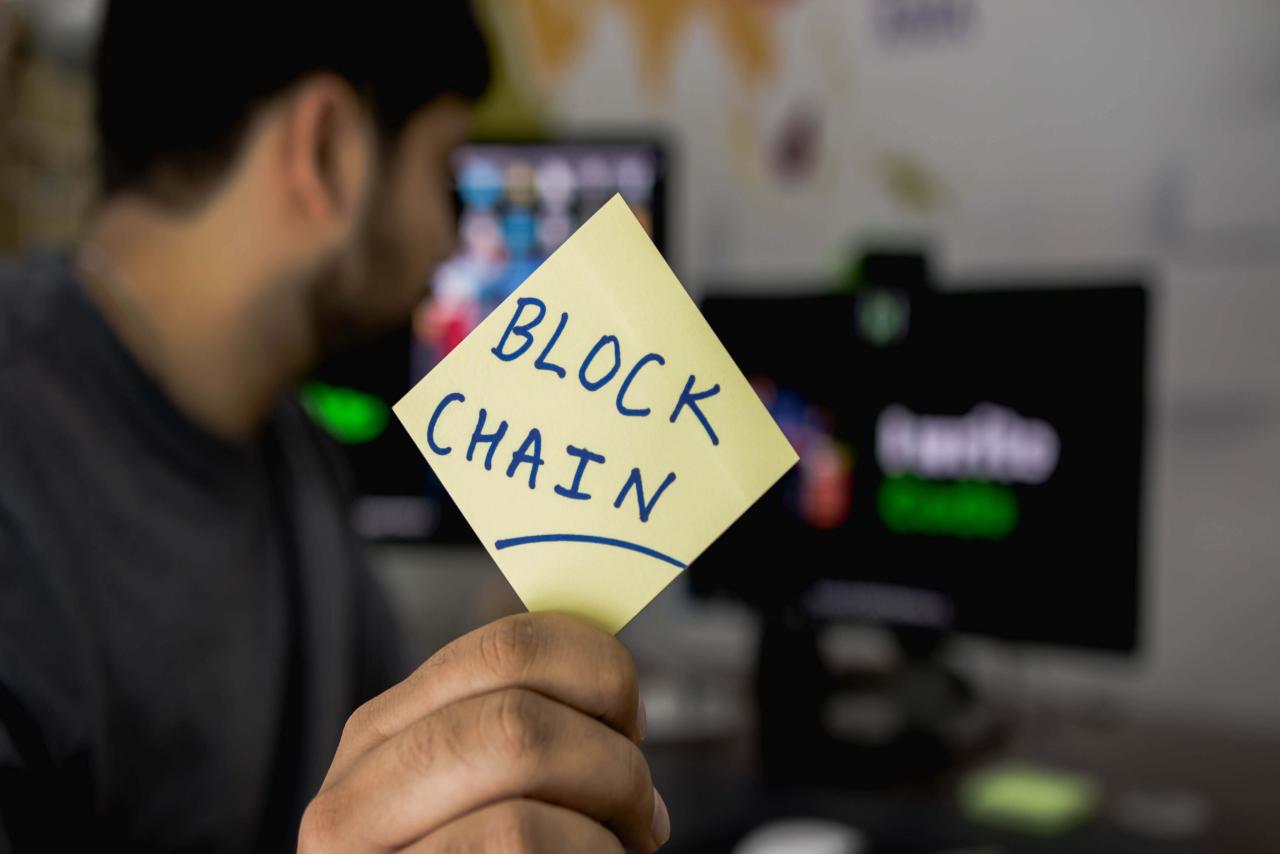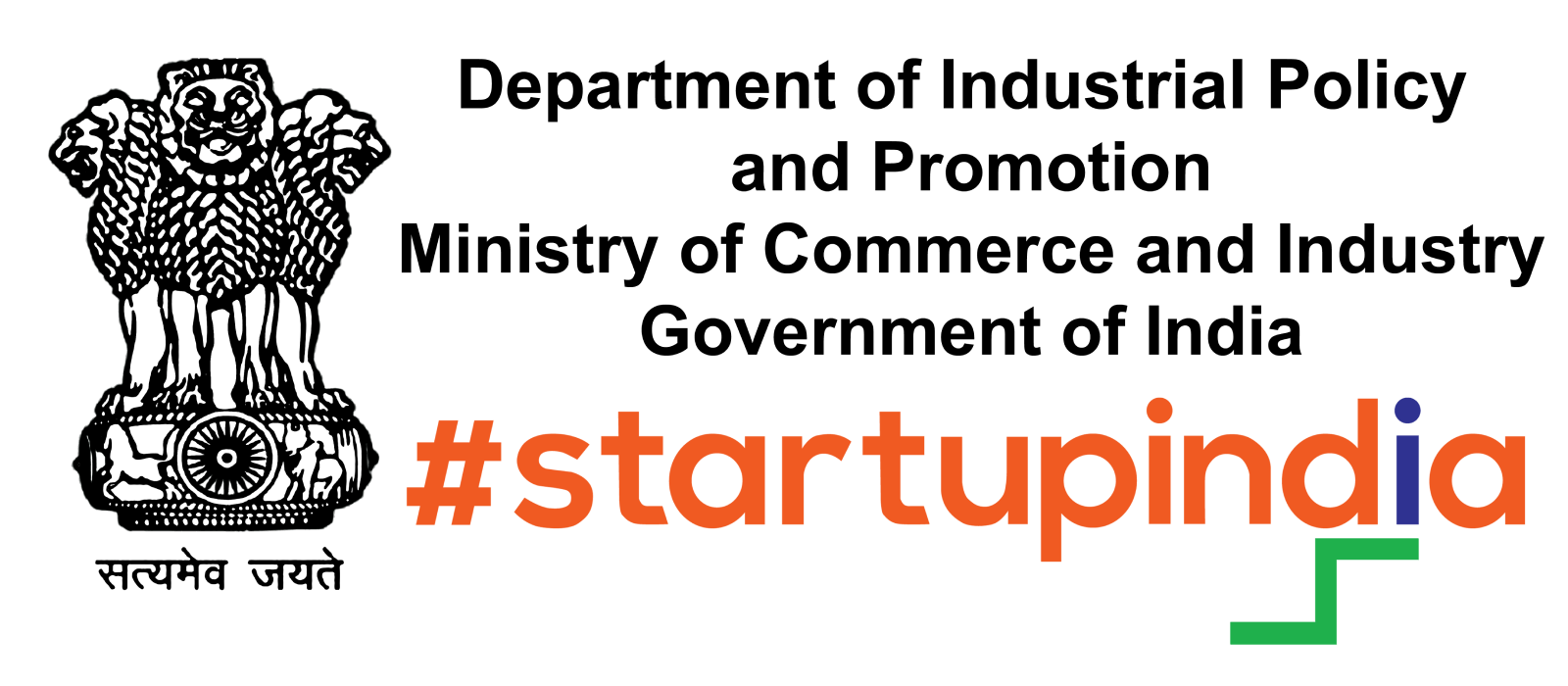Introduction: The blockchain era has emerged as a modern pressure inside the digital panorama, transforming industries and tough conventional structures. This article aims to provide a comprehensive know-how of the blockchain era and its significance, at the same time as exploring its various packages and capacity for a decentralized destiny.
Understanding Blockchain Technology
Definition and Core Concepts
Blockchain generation has a wealthy records, relationship again to its origins in 2008 with the introduction of Bitcoin. At its center, a blockchain is a disbursed ledger that statistics transactions throughout multiple computer systems or nodes. These transactions are grouped into blocks, which can be then added to the chain in a sequential manner. The consensus mechanism ensures that every one nodes agree on the validity of transactions, developing a obvious and tamper-proof machine.
Decentralization and Trust
Decentralization lies at the heart of blockchain era. By using a tremendous community of computers, blockchain removes the need for intermediaries which includes banks or authorities establishments. This now not most effective reduces fees and will increase efficiency but also complements consider and transparency. Each transaction is established and recorded by way of more than one nodes, making it honestly impossible for any unmarried entity to govern or manage the device.
Cryptocurrency and Smart Contracts
Cryptocurrencies, inclusive of Bitcoin and Ethereum, play a important function in blockchain packages. They enable secure and efficient transactions inside the decentralized atmosphere. Additionally, smart contracts make use of blockchain generation to automate and put in force the phrases of agreements. They dispose of the want for intermediaries in various sectors, offering benefits such as expanded security, efficiency, and price-effectiveness.
Exploring the Applications of Blockchain
Transforming Financial Systems
The capability of blockchain era inside the banking area is enormous. It lets in for faster and more stable transactions, reduces the hazard of fraud, and allows seamless move-border payments and remittances. Additionally, blockchain enables the digitalization of belongings and tokenization, commencing up new opportunities for the alternate of fee and the creation of efficient financial systems.




